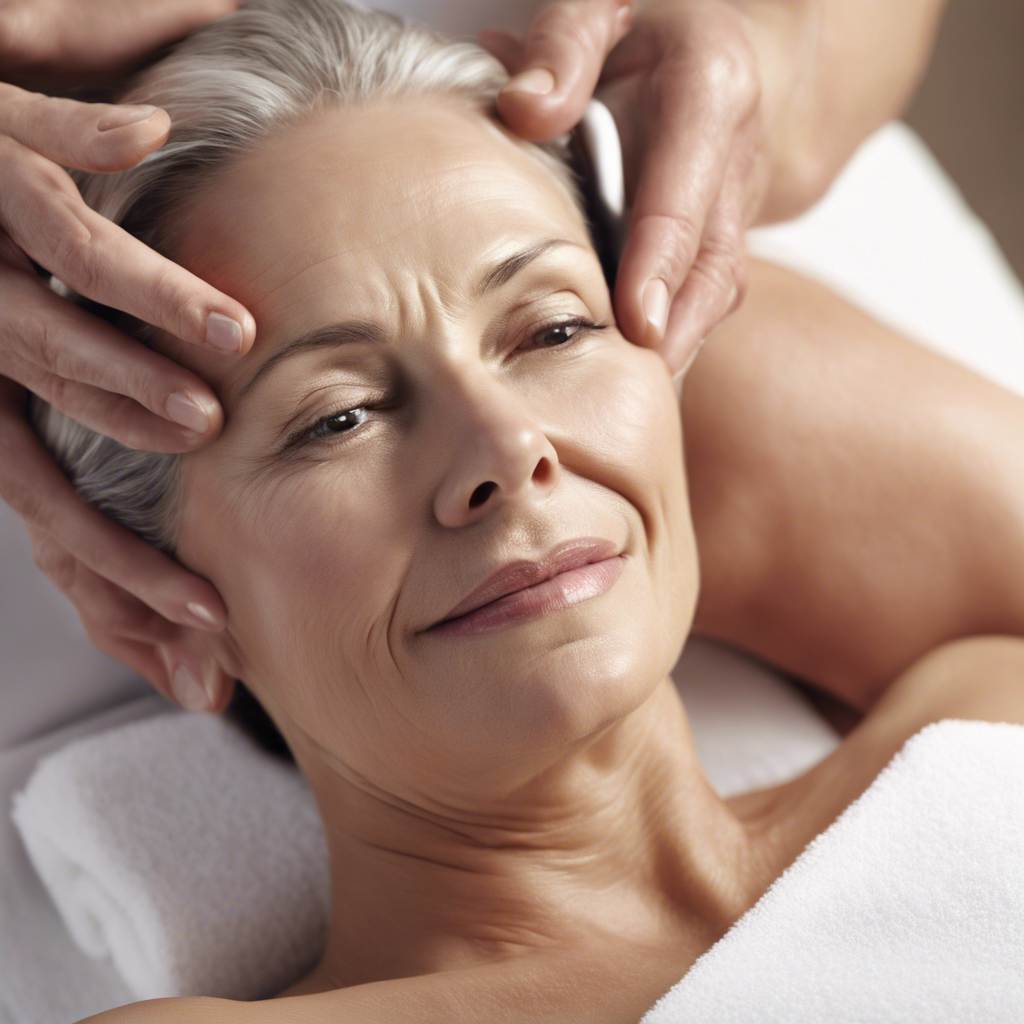Menopause and Skin Health: A Comprehensive Guide
- CONTOUR DAY SPAaaahhh...

- Jun 3, 2024
- 2 min read
Menopause is a natural phase in a woman's life that brings about various changes, not only internally but also externally, including its impact on skin health. Understanding how this transition affects your skin is crucial for maintaining a healthy and glowing complexion. In this article, we delve into the effects of menopause on skin health and provide essential insights for keeping your skin radiant throughout this transformative stage.
The Impact of Menopause on Skin Health: What You Need to Know
Menopause marks the end of a woman's reproductive years, typically occurring in her late 40s to early 50s. During this period, hormonal fluctuations, particularly a decline in estrogen levels, can significantly influence the skin's structure and appearance. Estrogen plays a vital role in maintaining skin hydration, elasticity, and thickness. Its decrease during menopause can lead to various skin-related issues, such as dryness, sagging, and the development of fine lines and wrinkles.
Apart from estrogen decline, a reduction in collagen and elastin production further contributes to a loss of skin firmness and resilience. Additionally, increased sensitivity, redness, and a decrease in natural oil production are common manifestations of menopausal skin changes. These transformations can be challenging to navigate, but with the right knowledge and skincare routine, you can mitigate their effects and promote skin vitality.
Understanding Your Skin's Needs During Menopause
To address the specific concerns of menopausal skin, it is essential to adapt your skincare regimen to cater to its evolving requirements. Incorporating products rich in hydrating ingredients, such as hyaluronic acid and ceramides, can help combat dryness and maintain skin suppleness. Antioxidants like vitamin C and E are also beneficial in protecting the skin from free radical damage and promoting a healthy complexion.
Moreover, investing in products that stimulate collagen synthesis, such as retinoids and peptides, can aid in firming the skin and reducing the appearance of wrinkles. Sunscreen remains a non-negotiable component of skincare, as prolonged sun exposure can exacerbate age-related skin issues. Lastly, adopting lifestyle habits like a balanced diet, regular exercise, and stress management techniques can further support your skin's health during menopause.
Site Activity Conclusion
Detailed site activity data analysis has shown an increasing interest in skincare topics related to menopause, indicating a growing awareness of the importance of adapting skincare routines during this life stage. Readers have actively engaged with content discussing the effects of hormonal changes on skin health, highlighting a demand for reliable information and practical tips to address these concerns effectively.
Embracing Skin Health Through Menopause
Navigating the changes that come with menopause can be empowering, especially when armed with the right knowledge and skincare strategies. By prioritizing hydration, protection, and collagen stimulation, you can nurture your skin through this transition and embrace your natural beauty at every age. Remember, the key to healthy skin during menopause lies in understanding its needs and implementing a tailored skincare approach that celebrates this new chapter in your life.






Comments